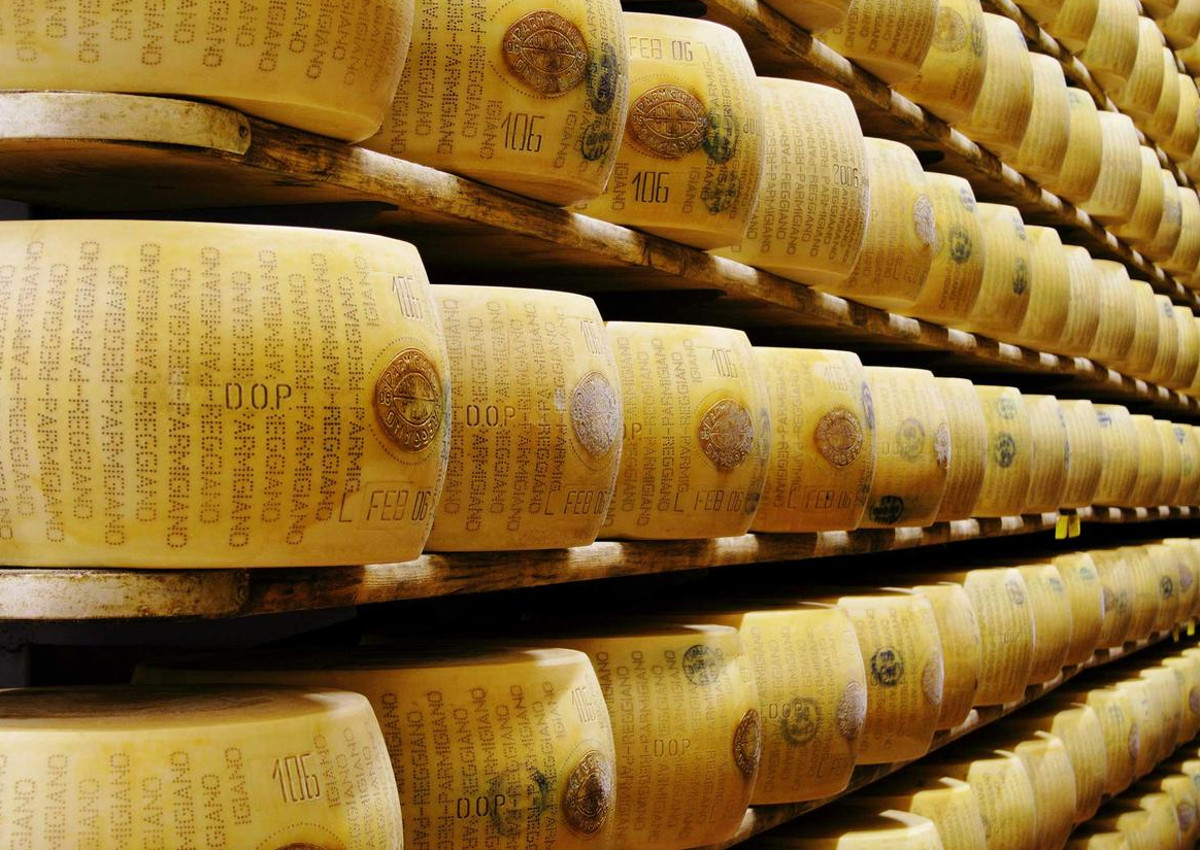
In recent years, the PDO Parmigiano Reggiano Consortium has shed some light, pointing its finger towards the misleading commercial practices. A recent study, involving 1,200 American consumers, showed that 66% of respondents consider the term parmesan not generic, which is what the American dairy industry operators claim. On the contrary, the term identifies a hard cheese with a precise geographical origin, which for 90% of respondents corresponds to Italy. In the study, respondents were shown two boxes of parmesan made in the USA, one without and one with obvious references to Italy. In the first case, 38% of consumers indicated the product as being of Italian origin. However, it all got worse when shown a pack featuring Italian sounding elements (the Italian flag or Italian works of art). In this case, 67% of American buyers said to be convinced of being in front of an authentic Italian product.
Geographical indication: an added value
This has called for action, pushing the Consortium to put pressure on politicians to intervene. Clearer rules and transparency would allow us to significantly increase our market. This growth is estimated to average about 120,000 wheels for a value that exceeds 50 million euro, said President Nicola Bertinelli. The Consortium will continue to work, educating about its product and monitoring the market. However, to achieve our goals we need the policy makers to give us a helping hand. We must work on negotiations to recognize geographical indications, turning them into an added value to agricultural development. We also need rules that can eliminate deceptive practices, starting with the use of names referring to geographical areas, pictures, and logos that evoke Italy to advertise products that are not Italian, which is the most blatant form of unfair competition and consumer fraud in the food industry, concluded Nicola Bertinelli.
